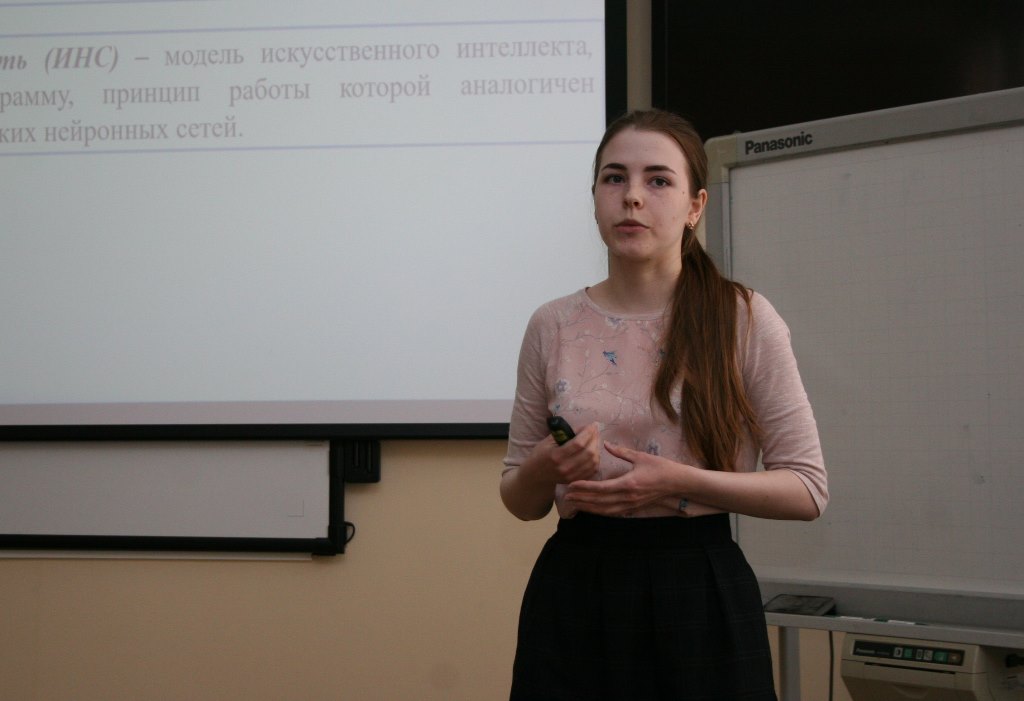
A TSU team is creating a mobile application that will help people better remember information. It is focused on modern visual culture and promotes the assimilation of texts using online games. This will help schoolchildren and students to prepare for exams, actors to learn scripts faster, and specialists to better memorize instructions. The developers think that the application will be ready by the summer of 2019 and will be available on Google Play.
– We are creating a convenient and accessible tool for solving the problem of inefficient use of memory potential to simplify the process of memorizing and processing information,- says Ekaterina Medvedeva, a TSU master’s student and the application developer. – Today’s applications are mainly aimed at training memorization skills. Our project is a complete product for mastering a specific text. In modern visual culture, mosaic thinking and a low capacity for concentration and memorization are characteristic, so we propose to use play space and visualization.
The application will act on the principle of the improved mnemonics Cicero method, which is based on natural associations, that is, on the connections that have formed in the brain with regular perception of visual images. For example, this is the arrangement of pieces of furniture in a very familiar room. Mnemonics allows you to build stable associations, which is one of the most effective methods of remembering information.
– The user will download text, highlight keywords, and play a simple game, where a specific game route passes. A prime example is the Super Mario game. It drops selected keywords with reference to a particular situation or object in the game. The user goes through the route several times and remembers the words themselves and their sequence, – explains Ekaterina Medvedeva. – Each detail will be developed taking into account the latest research in the psychology of perception and cognitive sciences.
The idea of the application was presented at the All-Russian Competition in Information Technologies IT-Breakthrough and went to the finals.
The project is being carried out by a team of master’s students of the autonomous program Digital Humanities. This is the first master’s program in Russia that trains specialists are to work at the intersection of technologies and humanisticn knowledge. Humanities students are receiving skills in programming, virtual design, 3D visualization, and digitization. Graduates of technical specialties are additionally offered knowledge in art and culture, advertising, communications, and management.